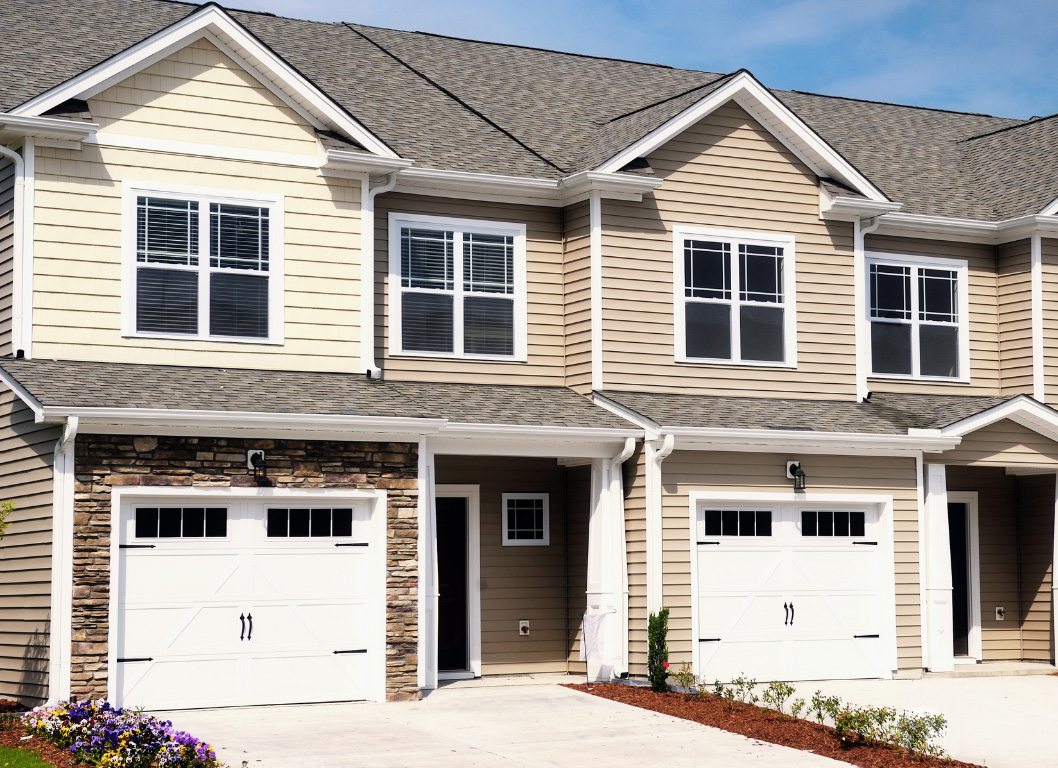Home | Newsroom | DRE Updates | New Housing Laws: Know Your Rights as a Renter or Landlord

New Housing Laws: Know Your Rights as a Renter or Landlord
Published: May 28, 2025
|
California has introduced new housing laws that aim to create a more balanced, transparent, and fair rental market for both renters and landlords.
|

|
What You Need to Know
AB 12 (Haney, Chapter 733, Statutes of 2023): limits the amount landlords can charge a tenant for a rental housing security deposit to one month's rent for either a furnished or unfurnished unit. Exempted from this limitation are landlords who 1) are a natural person or limited liability company in which all members are natural persons, and 2) who own no more than two residential rental properties that collectively include no more than four dwelling units. Such landlords will be allowed to charge deposits of two months' rent, provided that the tenant is not a service member.
AB 1620 (Zbur, Chapter 767, Statutes of 2023): amends the Costa-Hawkins Rent Control Act (Costa-Hawkins). It authorizes a local ordinance for rent-controlled units to allow a tenant with a mobility-related disability to move to an accessible floor when a comparable unit becomes available, and to keep the same rent as the existing lease.
AB 1418 (McKinnor, Chapter 476, Statutes of 2023): prohibits local governments from enacting nuisance ordinances and crime-free housing programs that impose penalties against tenants and landlords solely for contact with a law enforcement agency. Also, local governments will not be allowed to require or encourage landlords to perform criminal background checks on tenants or applicants. This bill outlines how the measure may be enforced including a cease and desist court order, nullification of the ordinance by a court, and injunctive relief, among other remedies.
SB 267 (Eggman, Chapter 776, Statutes of 2023): requiring an applicant's credit history as part of the rental application if the provider does not also allow applicants to submit lawful, verifiable alternative evidence of a reasonable ability to pay the portion of rent for which the tenant will be responsible. If the applicant with a government rent subsidy elects to provide such alternative evidence, the bill requires the housing provider to 1) provide the applicant reasonable time to respond with the alternative evidence and 2) consider that evidence in lieu of credit history. Violations of these provisions are a violation of the Fair Employment and Housing Act (FEHA).
SB 567 (Durazo, Chapter 567, Statutes of 2023): revises the no-fault just cause eviction provisions of the Tenant Protection Act of 2019 and provides additional enforcement mechanisms for all provisions of the Act, including for violations of restrictions on residential rent increases and no-fault just cause evictions. New enforcement mechanisms include injunctive relief, reasonable attorney's fees, damages, the possibility of triple damages and punitive damages, as well as legal enforcement by the Attorney General and a city attorney or county counsel.
SB 712 (Portantino, Chapter 630, Statutes of 2023): prohibits a landlord from disallowing a tenant from owning personal micromobility devices, or from storing and recharging up to one device per person in the dwelling unit. Examples of these devices include electric bicycles and electric scooters, among others. The bill also allows a landlord to alternatively provide secure, long-term storage for tenants' devices, and maintain any prohibitions on tenants storing devices in their dwelling units.
AB 1317 (Wendy Carrillo, Chapter 757, Statutes of 2023): for properties issued a certificate of occupancy on or after January 1, 2025, this bill would require owners of multifamily properties with 16 units or greater to unbundle the cost of parking from the cost of the rent. This requirement would only apply to properties located in the counties of Alameda, Fresno, Los Angeles, Riverside, Sacramento, San Bernardino, San Joaquin, Santa Clara, Shasta, and Ventura. Affordable housing developments where 1) 100 percent of the units are affordable to low- and moderate-income households, or 2) developments financed by federal low-income housing tax credits or tax-exempt bonds from a program administered by the California Housing Finance Agency will be exempt from the requirement to unbundle parking costs.

